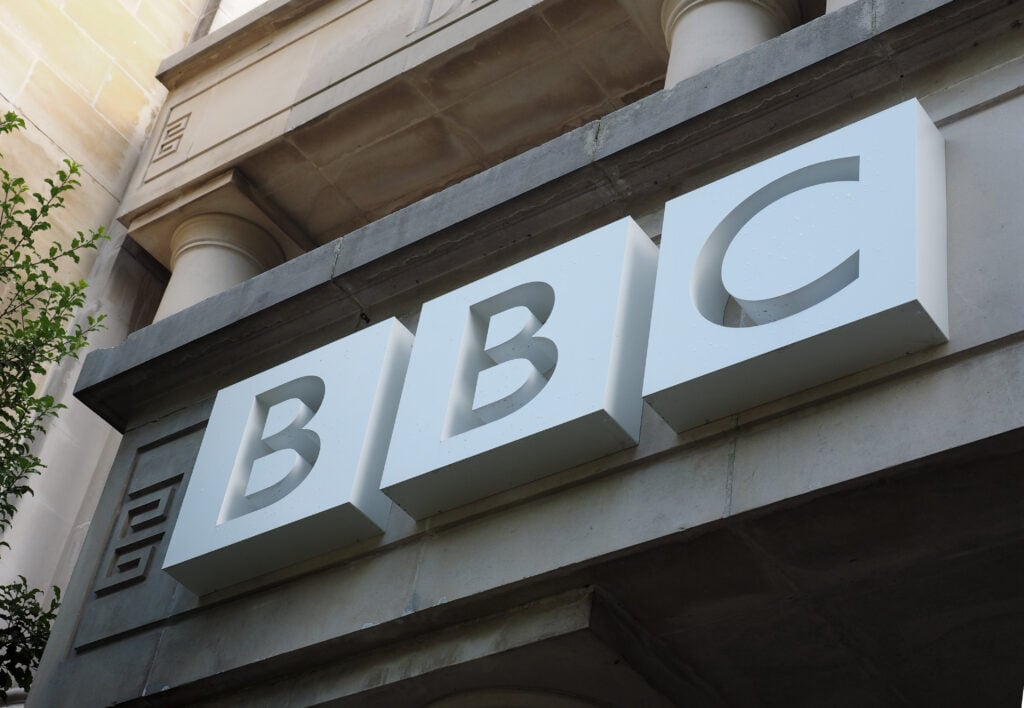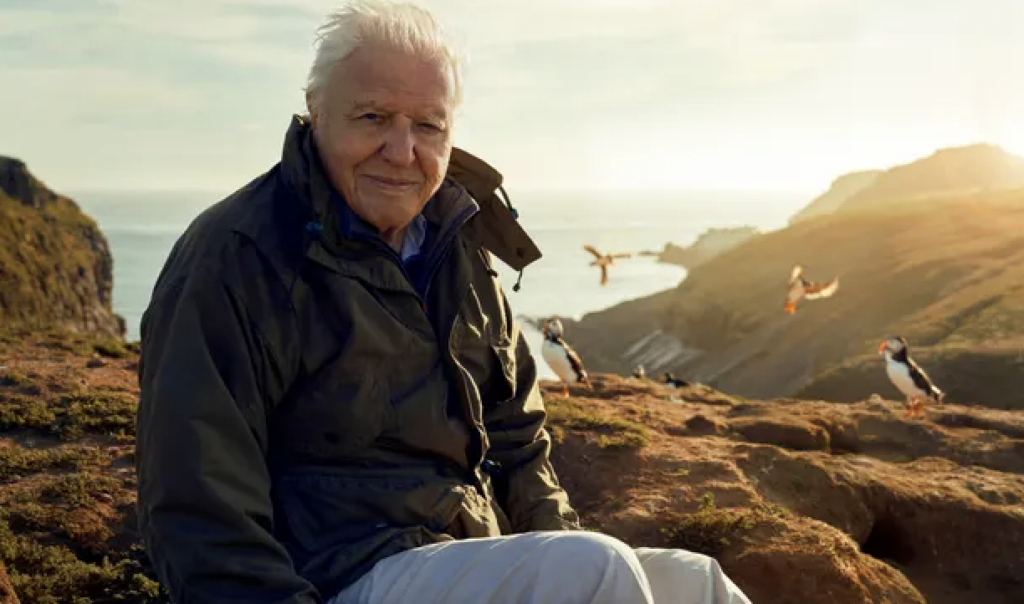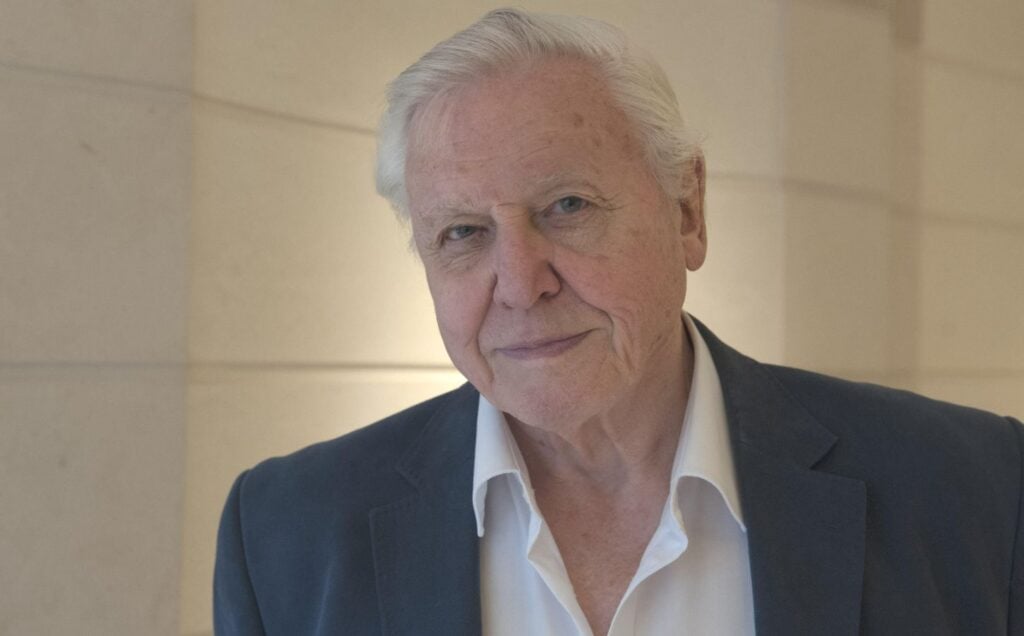Last week, claims emerged that the BBC had limited the final episode of David Attenborough’s Wild Isles – a documentary series on UK wildlife – to its iPlayer service only.
The broadcaster reportedly feared that its theme of natural destruction would cause “right-wing backlash.” Specifically, from Conservative Party ministers, some of the UK press, and the farming and hunting industries.
But the decision was met with backlash of a different kind, as reported by the Guardian on Friday (March 10).
Concerned program-makers and BBC staff raised the alarm that the so-called politically independent broadcaster had bowed to pressure from right-wing lobbying groups when it decided to release the final Wild Isles episode separately from the others.
“Senior sources” at the BBC informed the Guardian that the decision was an effort to avoid confrontation.
One unnamed source commented that “lobbying groups” such as the animal farming industries are “desperately hanging on to their dinosaurian ways.” And, that they would “kick off” had the show presented a “political” message.
BBC accused of censorship

Laura Howard, the producer of the docuseries, confirmed that the program would address farming’s negative effect on wildlife. But, that it would also spotlight those doing good in the sector.
Caroline Lucas, Brighton Pavilion’s Green Party MP, condemned the BBC for its alleged decision.
In a statement, Lucas said: “For the BBC to censor one of the nation’s most informed and trusted voices on the nature and climate emergencies is nothing short of an unforgivable dereliction of its duty to public service broadcasting.”
“BBC bosses must not be cowed by antagonistic, culture war-stoking government ministers, putting populist and petty political games above delivering serious action to protect and restore our natural world. This episode simply must be televised,” she added.
The BBC, David Attenborough, and ‘Wild Isles’
The Wild Isles series is a five-part docuseries narrated by Attenborough. The first episode aired on Sunday, March 12.
The Royal Society for the Protection of Birds (RSPB) and the World Wildlife Fund (WWF) co-produced the program, which was filmed over three years. The BBC says the project aims to “underscore the challenges affecting nature within the British Isles.” In addition, “alert audiences to the species vanishing on their doorstep.”
Right-wing backlash
Despite reportedly looking to appease right-wing political and media figures, the Wild Isles docuseries has failed to go unscathed.

The Telegraph called out the BBC for accepting money from both the WWF and the RSPB to produce the series. The publication claims both charities have been “criticized for their political lobbying.” And as such, the content will be skewed to the left.
Wild Isles producer Howard dismissed this point. “I think the facts speak for themselves,” she told the Guardian.
“You know, we’ve worked really closely with the RSPB in particular who are able to fact-check all of our scripts and provide us with detailed scientific data and information about the loss of wildlife in this country.
“And it is undeniable, we are incredibly nature-depleted. And I don’t think that that is political, I think it’s just facts.”
What has the BBC said about the accusations?
The BBC has denied holding back a sixth episode. It states that the chapter in question was always destined to be an iPlayer-only installment.
In a statement, it said the accusation was “totally inaccurate.”
“There is no ‘sixth episode’,” the broadcaster said about the Attenborough project. “Wild Isles is – and always was – a five-part series and does not shy away from environmental content. We have acquired a separate film for iPlayer from the RSPB and WWF and Silverback Films about people working to preserve and restore the biodiversity of the British Isles.”
Farming’s impact on the environment
Our agricultural system is hugely costly to the environment. It’s a leading cause of deforestation, water pollution, and biodiversity loss. It is also a major driver of greenhouse gas emissions.
The UK government has a demonstrable history of failing to create effective climate strategies.
Moreover, it hasn’t addressed the impact of farming directly. Instead, it has allowed an increasing number of industrial “mega-farms” to be built across the country. There are now thought to be at least 1,000 large-scale farming locations in the UK, coming at great environmental cost.
Wild Isles is available to watch on BBC One and BBC iPlayer. The next episode, called Woodlands, will air on March 19 at 7pm.






